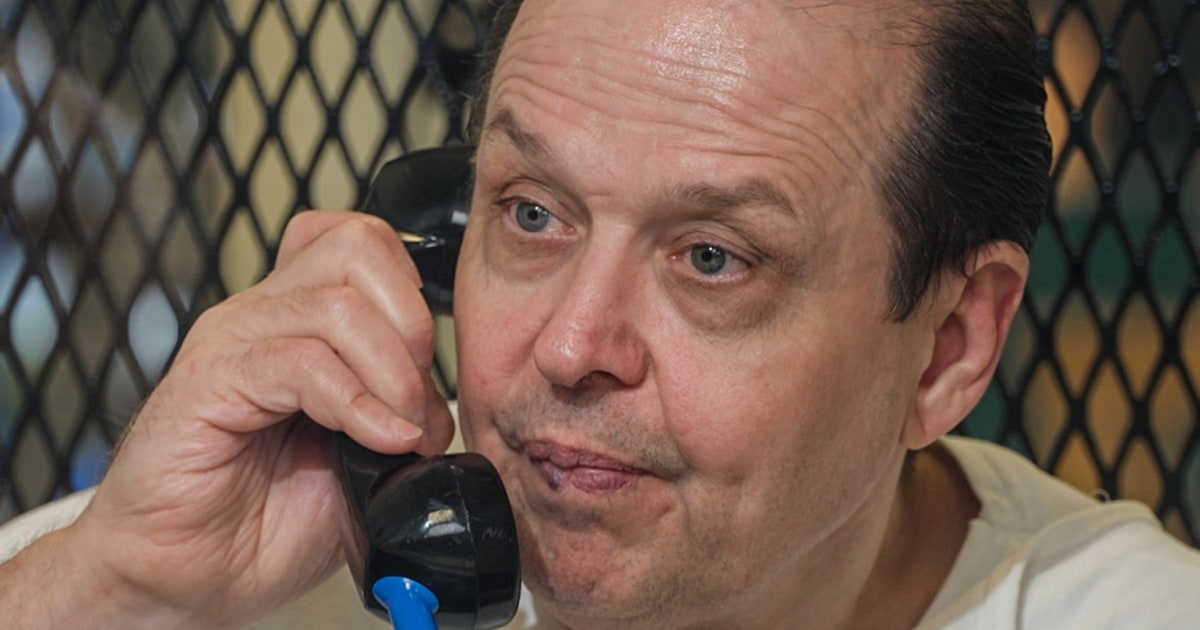
Robert Roberson, the condemned man whose execution was halted late Thursday because of an unprecedented legal gambit by Texas lawmakers, is expected to appear in person Monday at a legislative hearing in Austin, his legal representatives said.
Roberson, who was set to become the first person in the U.S. to be executed for a “shaken baby” death, narrowly averted the execution chamber after the lawmakers, with only hours to spare, obtained a temporary restraining order from a district court judge that stopped the execution.
The lawmakers, members of a state House committee, had issued a subpoena late Wednesday for Roberson to testify in his case as it relates to a 2013 “junk science” law that allows Texas inmates to potentially challenge convictions based on advances in forensic science. The subpoena was issued to help buy more time for Roberson, who has bipartisan support.
Roberson, 57, has maintained his innocence in the 2002 death of his 2-year-old daughter, Nikki. At the time, doctors and law enforcement quickly concluded she was killed as a result of a violent shaking episode, leading to his conviction at trial, but Roberson’s defense says new understanding of so-called shaken baby syndrome shows that other medical conditions can be factors in a child’s death, as they believe it was in Nikki’s.
The Office of the Attorney General quickly appealed the district court judge’s temporary injunction to the state’s highest criminal court, which agreed with allowing Roberson’s execution to continue. But lawmakers then petitioned their case to the Texas Supreme Court late Thursday as the hours ticked down before midnight — when Roberson’s death warrant was set to expire.
The high court, which is currently made up of nine Republican-elected justices, ultimately agreed to a stay, or a halting of the execution, although it did not specify for how long, and ordered the lower court to move swiftly to resolve a separation-of-powers issue.
A spokesperson for the state Department of Criminal Justice said Friday that the agency will comply with the subpoena, without commenting on the logistics of Roberson’s potential in-person appearance before the Committee on Criminal Jurisprudence. Lawmakers have also suggested he could appear via video link.
State Rep. Brian Harrison, a Republican who helped to introduce the motion to subpoena Roberson, acknowledged Friday that although the execution was blocked, various issues remain at play.
“We’re in novel and uncharted territory,” Harrison said. “We’re not in a day-by-day situation. We’re in an hour-by-hour and a minute-by-minute situation.”
Brian Wice, a Houston lawyer who specializes in appellate and post-conviction litigation, called the legal maneuvering to stop the execution “extraordinary” because it took the state Supreme Court, a last resort for civil cases and with limited criminal jurisdiction, to intervene.
He said that after Roberson testifies Monday, it will be up to the attorney general’s office to seek another death warrant, but the execution could be further delayed if the hearing results in some other legal filing with merit or Gov. Greg Abbott agrees to a 30-day reprieve. Abbott has not commented publicly about what, if anything, he plans to do.
On Thursday, the U.S. Supreme Court declined to intervene.
“By and large, Mr. Roberson is out of legal options,” Wice said. “At this point, the doors to the courthouse have essentially been locked.”
But Harrison said he is hopeful: “I want justice, but executing an innocent man is not that.”






